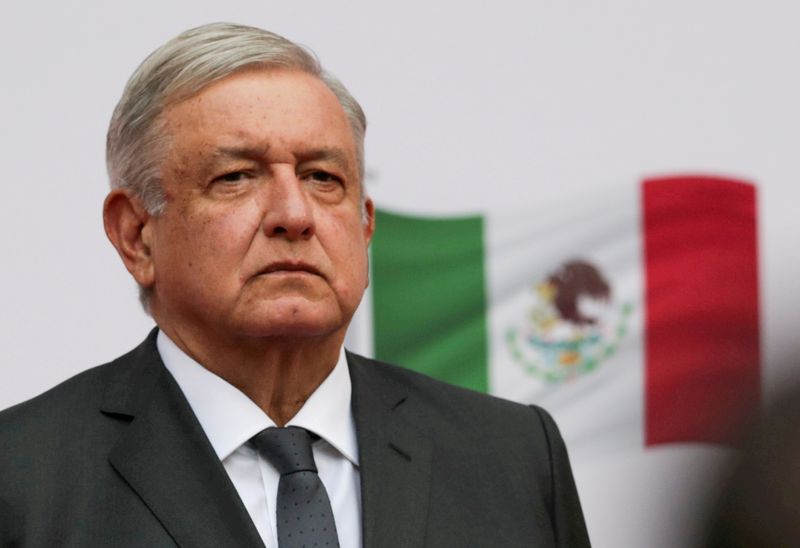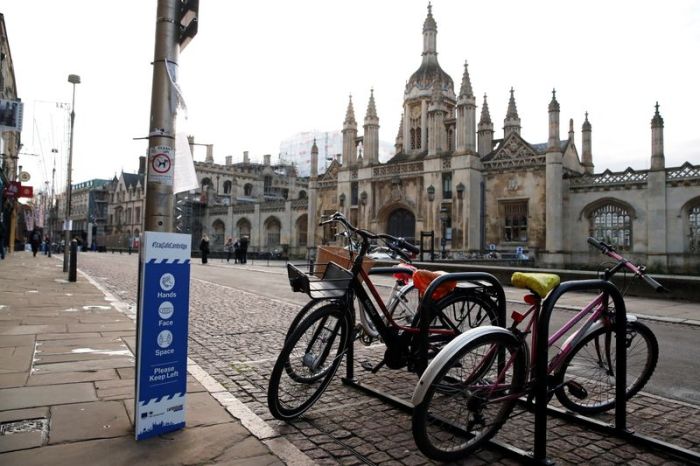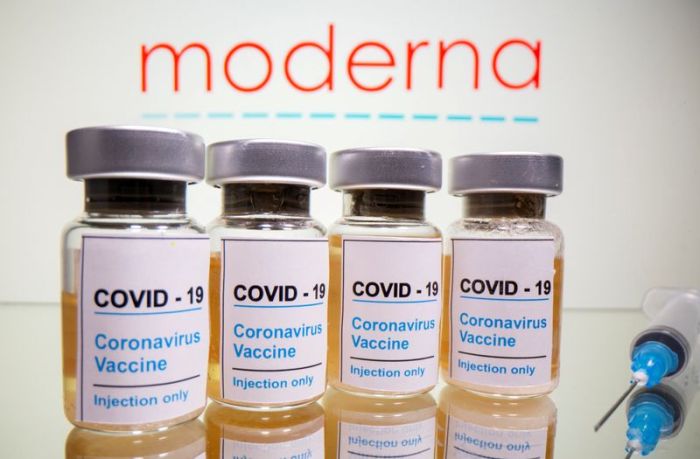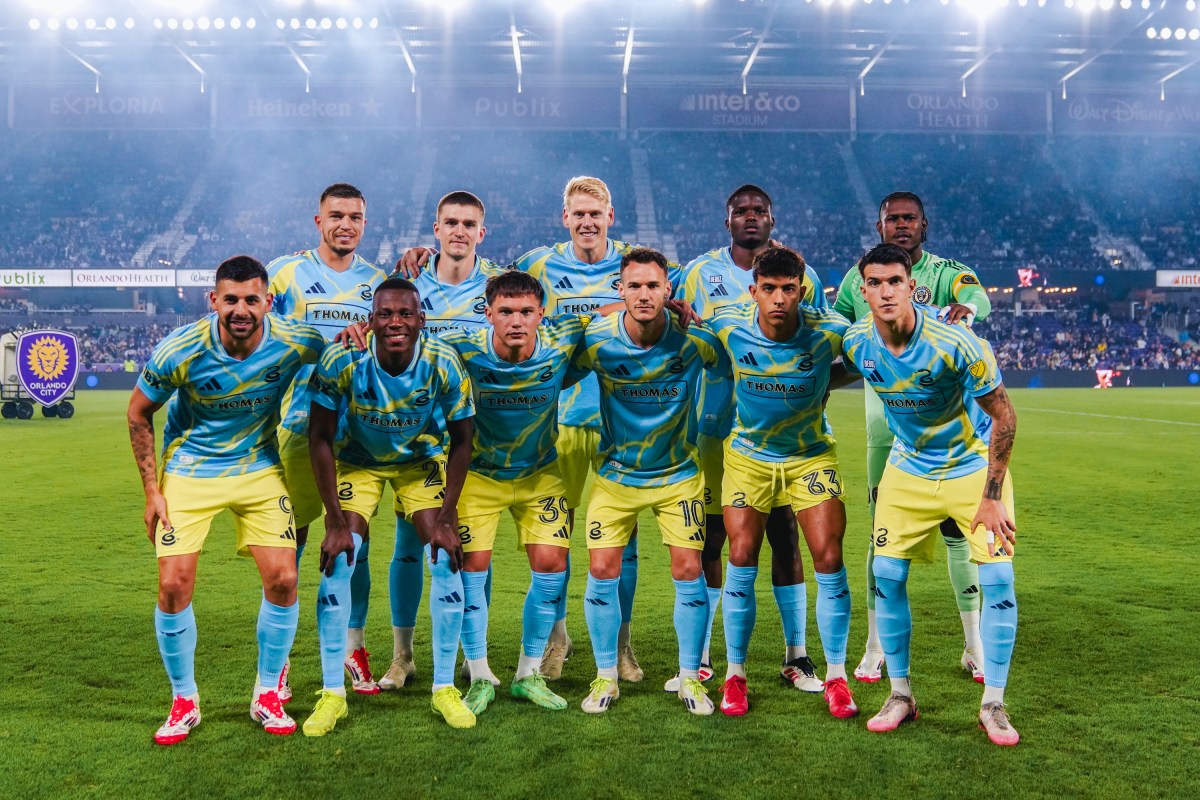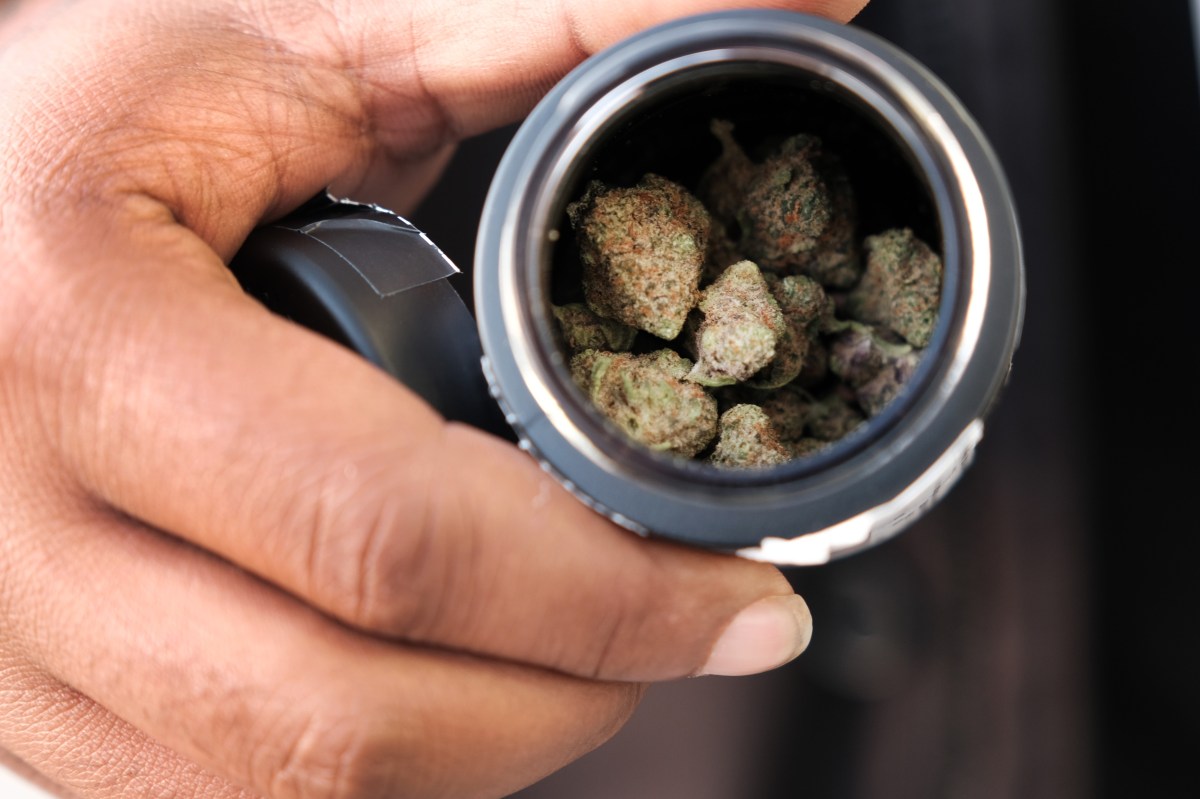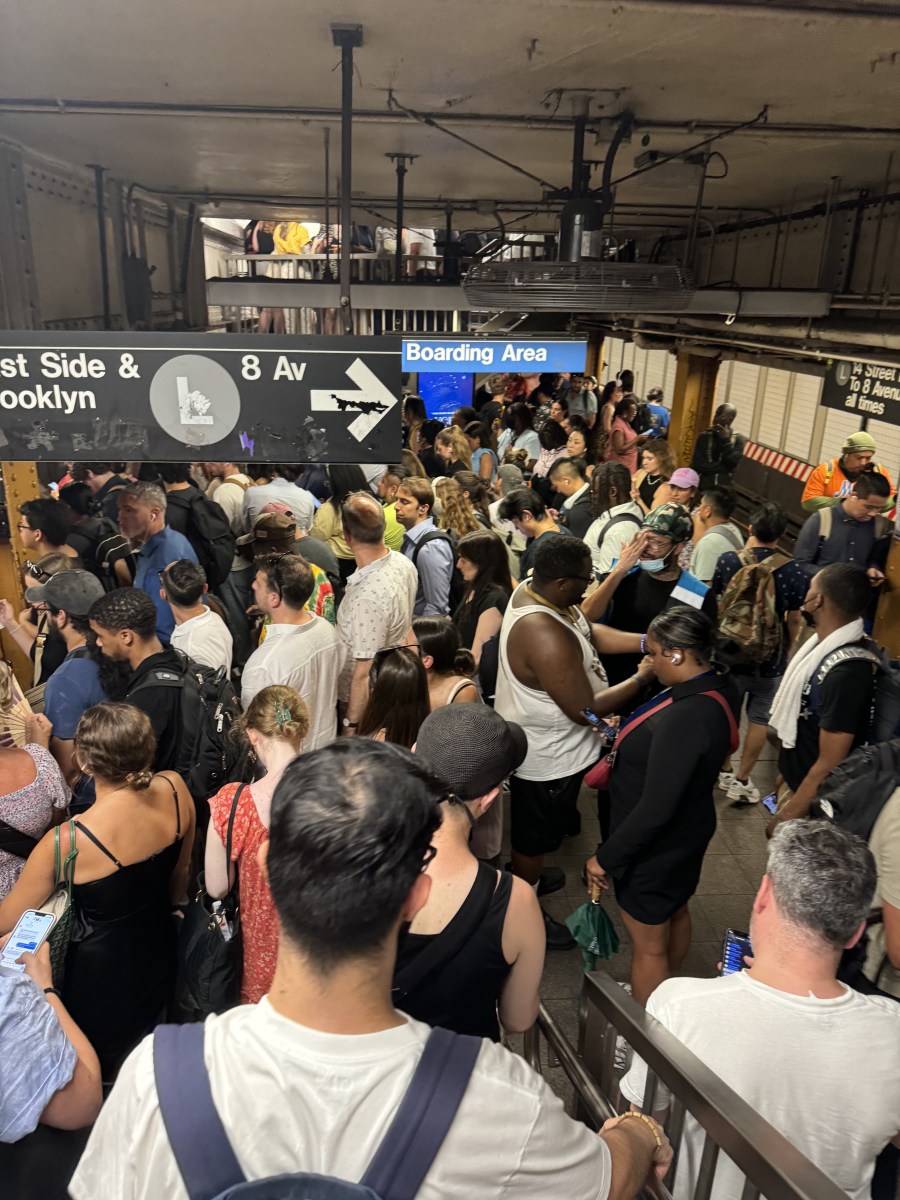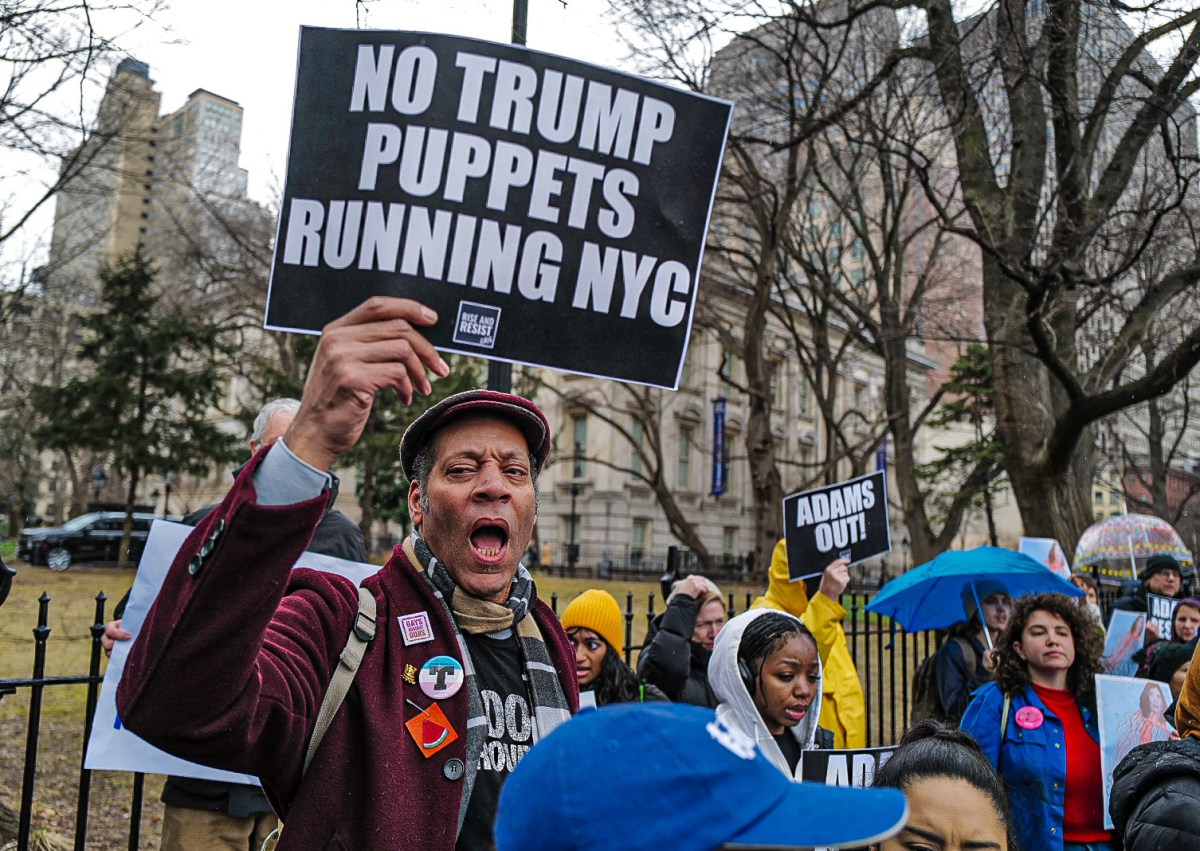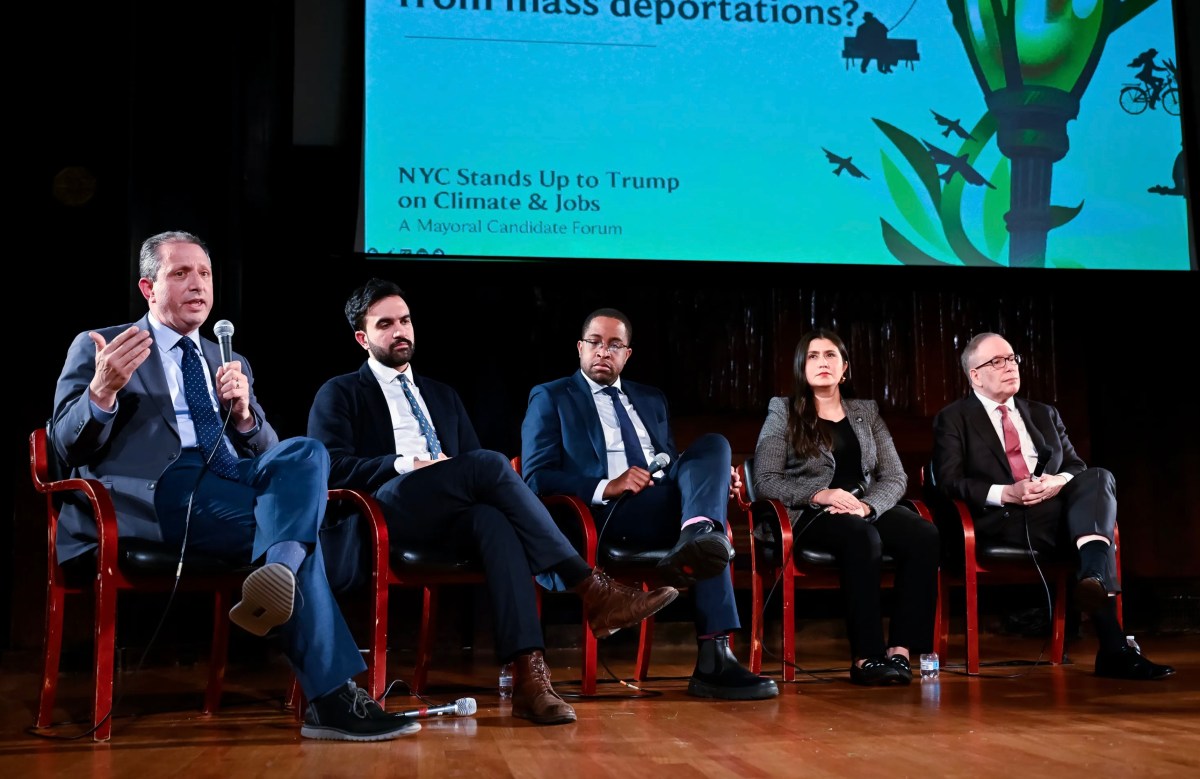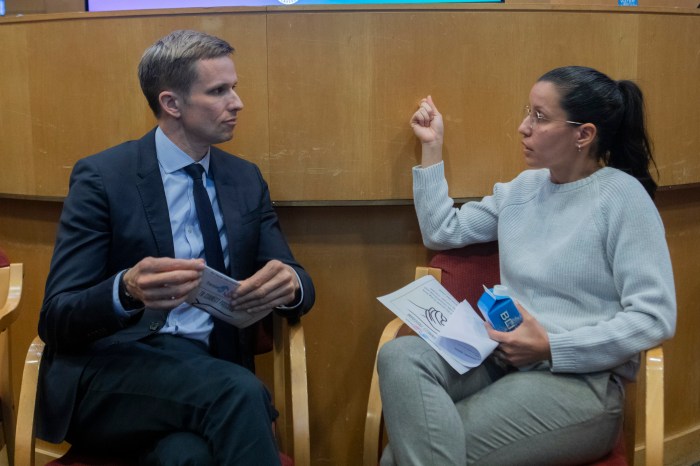MEXICO CITY (Reuters) – Mexico’s president said on Wednesday he was ready to provide coronavirus vaccines to undocumented migrants in the United States, after the governor of the U.S. state of Nebraska said they would likely not get vaccinated due to immigration status.
“It’s a universal right. We would do it,” President Andres Manuel Lopez Obrador told a regular government news conference when asked if Mexico would vaccinate undocumented migrants in the United States, many of which are Mexican nationals.
He did not elaborate on how his government would execute such a plan, or which migrants would qualify.
The comments on Tuesday about workers at Nebraska’s meat-packing plants by state governor Pete Ricketts, a member of President Donald Trump’s Republican party, had provoked criticism from public health and migrant advocates.
“You’re supposed to be a legal resident of the country to be able to be working in those plants, so I do not expect that illegal immigrants will be part of that vaccine with that program,” Ricketts told a coronavirus briefing.
The Washington-based Migration Policy Institute estimates 11% of Nebraska’s meat-packing workers – and 10% of the workers nationwide – lack legal immigration status.
Widespread COVID-19 outbreaks occurred at meat-packing plants in the United States in the spring, helping spread the virus around rural America where plants are concentrated.
Roberto Velasco, a senior Mexican diplomat for North America, responded to Ricketts on Tuesday night.
“To deprive undocumented essential workers of #covid19 vaccination goes against basic human rights,” he wrote on Twitter, including Ricketts’ Twitter handle and citing text from the U.N.’s declaration of human rights.
Among critics of Ricketts’ statement was U.S. Rep. Alexandria Ocasio-Cortez, a leader of pro-migrant progressives in the Democratic party of President-elect Joe Biden.
“Imagine being so racist that you go out of your way to ensure that the people who prepare *your* food are unvaccinated,” she wrote on Twitter.
The question of access to vaccines based on citizenship has become contentious in some parts of the world.
For instance, rights groups have expressed outrage that Palestinians in the Israeli-occupied West Bank and Gaza Strip face a long wait for vaccines.
(This story corrects percentage of undocumented immigrants in meat-packing plants in 6th paragraph to 11% in Nebraska and 10% nationwide instead of 14%)
(Reporting by David Alire Garcia and Raul Cortes Fernandez in Mexico City, Caroline Stauffer in Chicago and Mica Rosenberg in New York; Writing by David Alire Garcia; Editing by David Gregorio)

